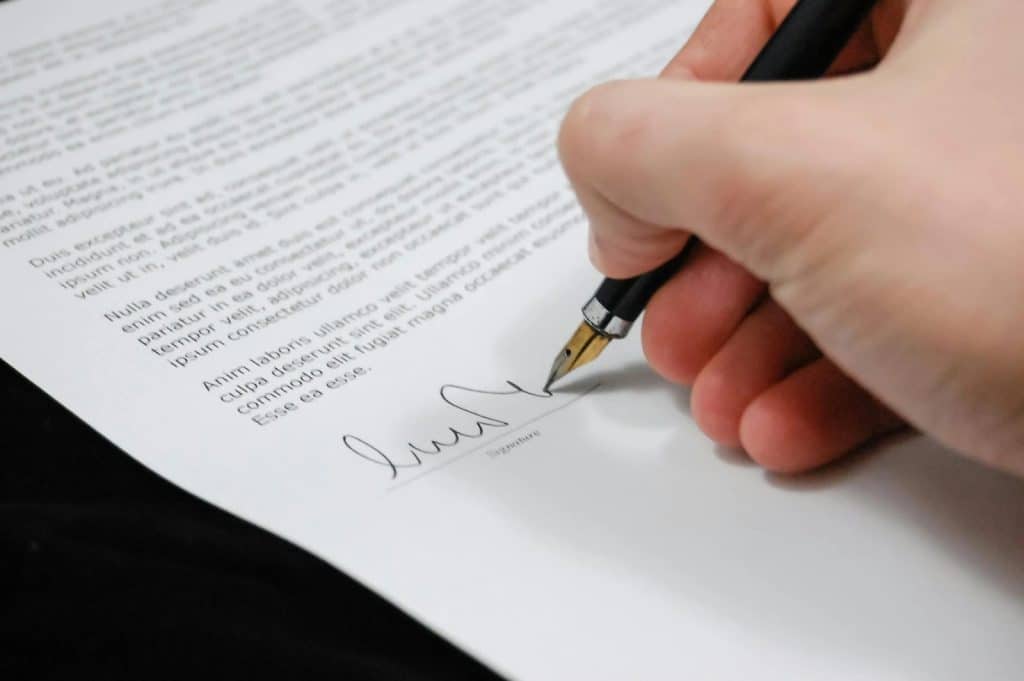Legal writing is a fundamental skill that can make or break a case in the courtroom. The way arguments are presented in legal documents, whether in briefs, motions, or contracts, can significantly influence the outcome of a trial. Effective legal writing is not merely about knowing the law, but also about crafting clear, concise, and persuasive arguments that resonate with judges, juries, and opposing counsel. Legal professionals, from attorneys to paralegals, must communicate their positions effectively, ensuring that the facts are presented logically and that the legal arguments are compelling. The importance of this skill cannot be overstated, and as legal experts often stress, mastering the art of legal writing is essential to success in a case, which is why many professionals seek expert guidance, such as with The Maddox Firm.
The Role of Clarity and Precision in Legal Writing
Clarity and precision are the most critical elements in effective legal writing. The law is often complex, and legal documents can be dense with technical jargon. However, an attorney’s ability to communicate complex legal principles in simple, straightforward language is crucial. Doing so, they help ensure that judges, jurors, and other legal professionals can understand the core issues without unnecessary confusion. Legal experts emphasize that when writing legal briefs or preparing legal arguments, the goal should always be to eliminate ambiguity. Each sentence must be deliberate, each argument must be well-supported by evidence, and every legal term should be used accurately and consistently. A well-crafted legal document communicates the issue clearly, allowing the reader to focus on the legal arguments rather than struggling to decipher the writer’s intent.
In addition to clarity, precision is key in legal writing. Unlike other forms of writing, legal documents require careful attention to detail. A single misplaced word or unclear phrase can alter the meaning of an entire argument. Professionals in the field often note that precise wording strengthens the argument and demonstrates the attorney’s thorough understanding of the case. This attention to detail can also significantly impact the attorney’s credibility, showing that they have taken the time to craft a thoughtful, thorough document.
How Persuasive Writing Influences Legal Outcomes
While clarity and precision are fundamental, persuasive writing is arguably the most powerful tool in a legal writer’s arsenal. Legal cases often hinge on convincing others of a particular interpretation of the law or set of facts. Persuasive writing goes beyond simply stating the facts or the law—it seeks to persuade the reader that one’s interpretation or argument is the most logical and just. Legal experts highlight that persuasive writing requires a combination of strong logic, emotional appeal, and sound evidence to persuade judges and juries alike.
The process of persuasion in legal writing often involves presenting a compelling narrative. Good legal writing does not simply list facts but integrates them into a cohesive story that supports the client’s position. This narrative should be factual and logical, following a clear, well-reasoned structure that guides the reader from one point to the next. In persuasive legal writing, the writer must anticipate and address potential counterarguments. The writer strengthens their position by refuting these opposing views, making the case more convincing overall. Expert legal writers often emphasize that the most persuasive documents don’t just focus on the law; they also weave the law seamlessly into the facts of the case, demonstrating how the law supports the client’s position.
Conclusion
Effective legal writing is a cornerstone of success in the legal field. It is a skill that can significantly enhance the chances of a favorable outcome. Legal professionals must master the art of clarity, precision, and persuasion in their writing to ensure their arguments are communicated effectively. Whether drafting briefs, motions, or contracts, strong legal writing can build a compelling case that resonates with those who ultimately decide the matter. The insights shared by professional legal experts underscore the importance of continuously honing this skill. With the right combination of legal knowledge and expert writing techniques, legal professionals can craft documents that are not only informative but also persuasive, increasing their likelihood of success in the courtroom.


